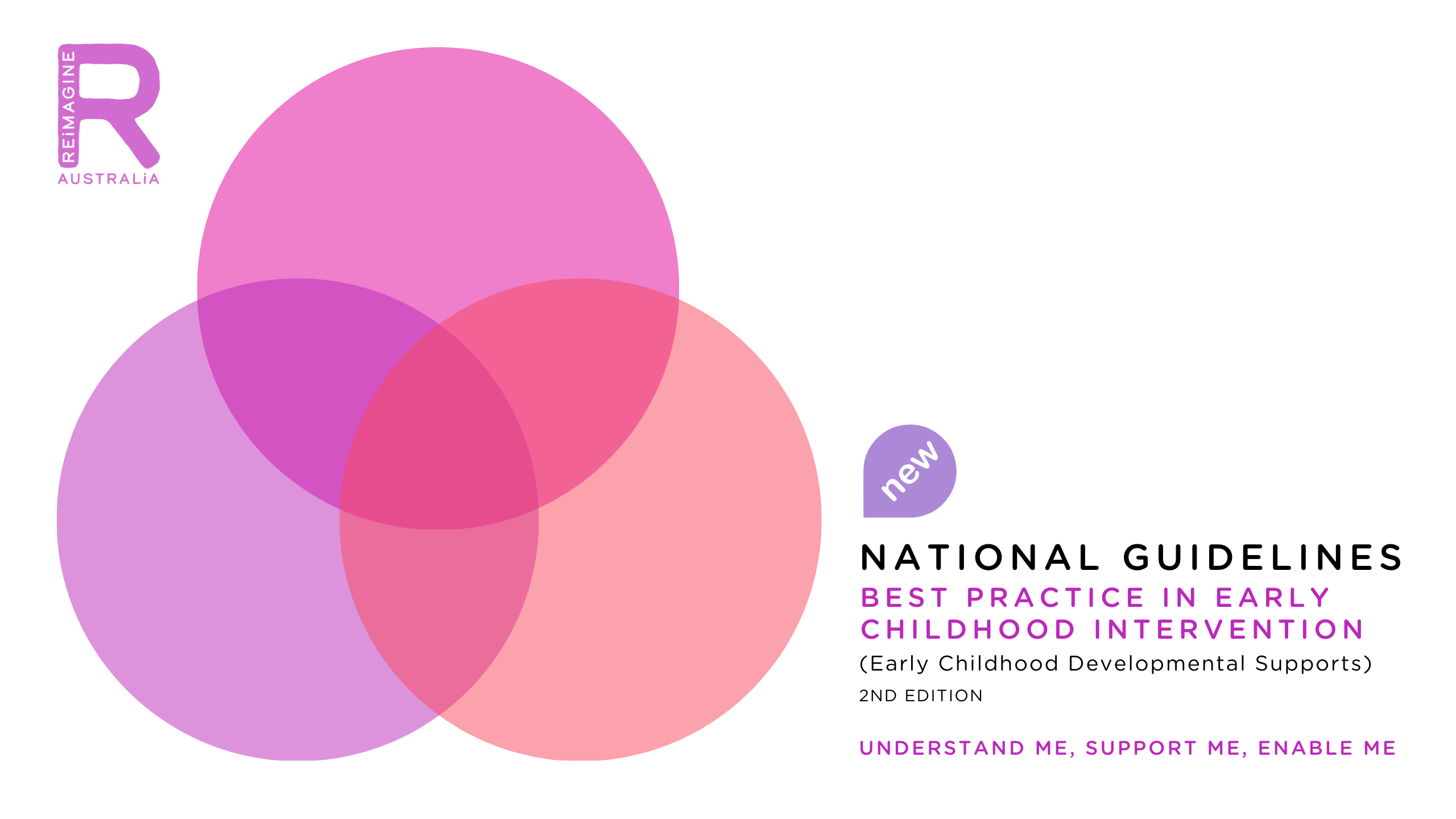
BEST PRACTICE PILLAR ONE
This guideline aims to ensure that children, families, and carers are actively involved in the supports and services they participate in and receive. It identifies how practitioners and educators can embed collaboration and empathy in the delivery of supports and services including applying trauma-informed strategies where applicable.
Recognise, respect and celebrate my unique identities, qualities and traits rather than reinforcing conformity.
Ensure that my unique perspectives and experiences, as well as those of my family and carers, inform decision making.
Think and act in ways that are considerate of my unique cultural and social experiences.
Understand that there is diversity in needs and abilities and challenge biases and misconceptions.
What do I need to know?
When your child gets early childhood developmental supports, you should feel like you are an important part of the team of people supporting your child. The people helping you should work with you and understand how you and your child feel. They should listen to what you and your child think and feel about the help you get, and what you want to achieve.
What should I expect?
The people supporting you will be open to listening to you talk about your life, thoughts, and feelings.
The people supporting you will help you and your child to set and reach goals so your child can join in more activities at home, school, or in your community.
What can I do?
Tell the people supporting you what is important to you when they are making decisions.
Think about what your child likes doing, and what you would like to do. Tell the people supporting you about these things.
If you have had a hard time and would like help, you can tell anyone who is supporting you and they will make sure you get the help you want.
Understand the individual strengths, needs, social and cultural context, and preferences of the child, their family, and carers by using a range of inputs including assessments, observations and lived experience. Develop personalised plans that are tailored to address their specific circumstances and support holistic well-being.
Understand and celebrate the varied abilities of all individuals. Offer accessible resources and culturally appropriate activities to ensure everyone can fully participate. Challenge your own assumptions and foster an environment that values everyone’s unique contributions to the relationship, support, and perspectives.
Build relationships based on mutual respect, trust, and empathy. Prioritise psychological safety and understand that children, parents, and carers are the experts of their experience.
Engage in cultural responsiveness training, challenge assumptions, and address unconscious biases to enhance understanding and respect for diverse cultural backgrounds. Understand that individuals have different relationships with their culture and engage in ongoing dialogue to learn from and honour diverse cultural perspectives and experiences of children, families, and carers. Incorporate this understanding into supports and services to ensure they are culturally responsive and respectful.
Adhere to ethical guidelines and professional standards in all aspects of practice. Engage in critical reflection on a regular basis and seek feedback from colleagues, the child and their parents and carers to ensure continuous improvement.

EXPLORE MORE OF THE BEST PRACTICE GUIDELINES